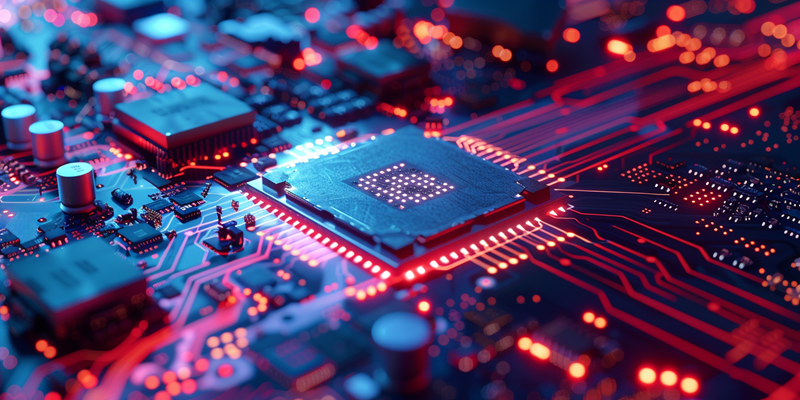Intel has officially announced the discontinuation of its last series of 14nm CPUs, specifically the Comet Lake lineup, marking a significant shift in the company’s technology strategy and production focus. This move coincides with the discontinuation of its flagship Alder Lake CPU, the Core i9-12900KS, which only debuted in late 2021. As of July 1, Intel updated the status of several chips, notifying system builders of the final dates for orders and production shutdown timelines. The 10th Gen Comet Lake CPUs and the Core i9-12900KS will no longer be available after July 1, 2025, symbolizing a forward-looking approach that aims to leave behind older technologies in favor of newer advancements.
The End of 14nm Struggles
The discontinuation of the Comet Lake CPUs highlights Intel’s long struggle with the 14nm process, a period marked by challenges and innovations. This phase saw the emergence of four different chip families before the eventual transition to the 10nm process with Alder Lake. Launched in 2020, the Comet Lake series was Intel’s penultimate foray into the 14nm realm before Rocket Lake, which was discontinued earlier this year. Despite its outdated status, Comet Lake remains prevalent in many office and business systems where affordability is sometimes prioritized over sheer performance.
The engineering journey through the 14nm landscape was riddled with both achievements and setbacks. The Comet Lake CPUs played a crucial role during a time when Intel faced fierce competition and pressure to innovate. As the industry moved forward, Intel responded by pushing the boundaries of what the 14nm process could achieve. The resilience shown during this era contributed to a wealth of experience, paving the way for the more advanced 10nm Alder Lake and the anticipated future architectures. By marking the end of the Comet Lake series, Intel is formally closing a turbulent yet informative chapter in its history.
The Significance of Alder Lake Core i9-12900KS
The Core i9-12900KS holds a unique place in Intel’s portfolio as its first “KS” CPU, setting a precedent for high-clocked refreshes of flagship models aimed at overclocking enthusiasts. The i9-12900KS model brought a new level of performance that captivated the tech community, especially those focused on pushing their systems to the extreme. Its retirement in favor of more recent high-performance models, like the 13900KS and 14900KS, represents Intel’s strategy to continually offer cutting-edge technology while phasing out earlier innovations.
This early discontinuation of the Core i9-12900KS underscores Intel’s pivot toward newer technologies and models, signifying a broader commitment to evolving its product lineup. The transition from i9-12900KS to newer iterations such as the 13900KS and 14900KS demonstrates a marginal yet crucial improvement in the pursuit of better performance and efficiency. These subsequent models introduce incremental enhancements that address the ever-growing demands of consumers and technology enthusiasts alike. The consistency in releasing advanced CPUs highlights Intel’s dedication to staying competitive in an industry that thrives on rapid innovation and technological refinement.
Strategic Implications and Future Focus
Intel has formally announced the end of its last series of 14nm CPUs, specifically the Comet Lake lineup, marking a significant change in the company’s technological direction and production focus. This decision aligns with the discontinuation of its notable Alder Lake CPU, the Core i9-12900KS, which was only launched in late 2021. On July 1, Intel provided an update regarding the status of various chips, informing system builders about the final dates for placing orders and the timelines for ceasing production. Consequently, the 10th Gen Comet Lake CPUs and the Core i9-12900KS will no longer be available for purchase after July 1, 2025. Symbolizing a shift towards adopting more advanced technologies, this move reflects Intel’s commitment to innovation and efficiency. By phasing out these older models, Intel is positioning itself to focus on newer, cutting-edge advancements that promise greater performance and efficiency, signaling a strategic pivot to future-proof its product lineup and stay ahead in the competitive semiconductor industry.

